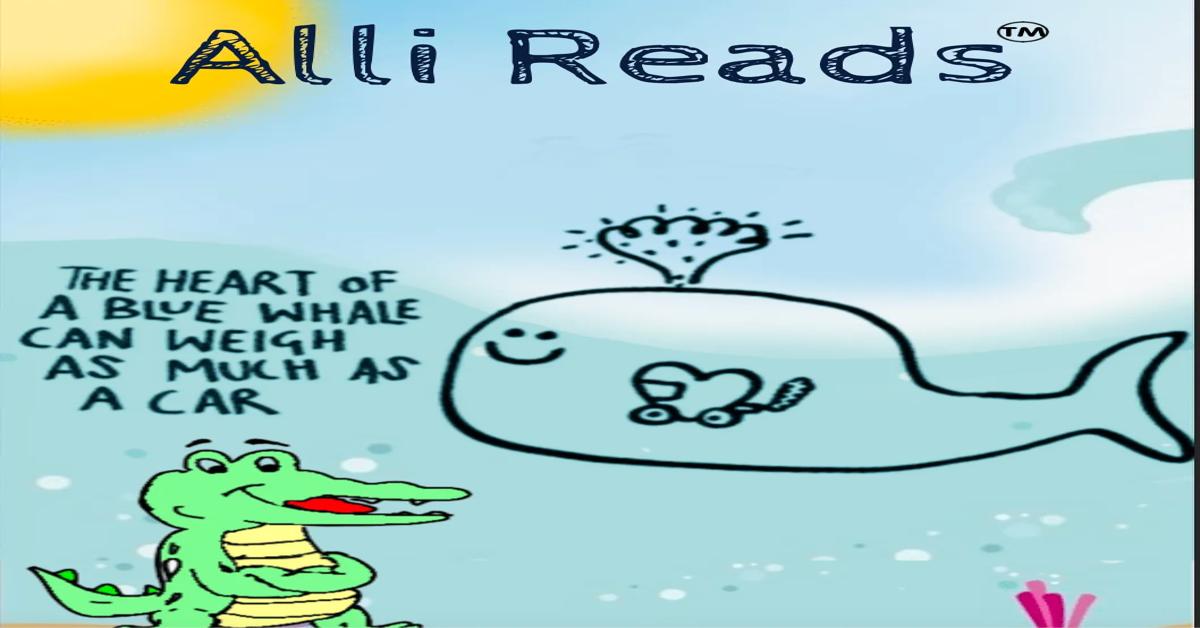The Importance of Kids Story Books in Early Childhood Development
Reading plays a crucial role in shaping a child’s cognitive, emotional, and social development. For parents and educators, selecting the right reading materials is essential for fostering a lifelong love of learning. One of the best ways to engage young minds is through Kids Story Books These books not only provide entertainment but also serve as powerful tools for developing imagination, vocabulary, and critical thinking skills.
Why Kids Story Books Are Essential
Kids story books introduce children to language, concepts, and experiences beyond their immediate environment. They expose young readers to new vocabulary, sentence structures, and cultural perspectives, which is crucial for building strong communication skills. Reading regularly also enhances concentration, memory, and comprehension, laying a strong foundation for academic success.
Moreover, kids story books help in emotional development. Stories often present characters facing challenges, making choices, and experiencing various emotions. By relating to these characters, children learn empathy, problem-solving, and emotional regulation. The narratives often provide moral lessons subtly, helping children understand values such as honesty, kindness, and perseverance.
Choosing the Right Kids Story Books
Selecting the right story books for children is not always straightforward. Age-appropriate content, engaging illustrations, and relatable characters are key factors to consider. For younger children, picture-heavy books with simple language help develop recognition and reading skills. As children grow, more complex stories with intricate plots and diverse characters encourage analytical thinking and imagination.
Parents and educators should also consider books that introduce diversity and inclusion. Exposure to different cultures, lifestyles, and perspectives through reading fosters open-mindedness and broadens a child’s worldview. Kids story books that incorporate these elements contribute to raising socially aware and empathetic individuals.
Benefits of Reading Story Books
-
Cognitive Development: Story books stimulate thinking, problem-solving, and comprehension skills. Engaging narratives challenge children to predict outcomes, understand cause and effect, and draw conclusions.
-
Language Skills: Regular reading enhances vocabulary, grammar, and sentence construction. Children who are read to from a young age often develop superior language skills compared to their peers.
-
Imagination and Creativity: Story books transport children to fantastical worlds, encouraging imaginative play and creative thinking. This imaginative capacity often translates into innovative problem-solving later in life.
-
Emotional Intelligence: By observing characters’ experiences and emotions, children learn to identify, understand, and manage their own emotions effectively.
-
Parent-Child Bonding: Reading together strengthens relationships and builds a sense of security and comfort, making reading a cherished activity in the household.
Integrating Story Books into Daily Life
To maximize the benefits of story books, it is important to integrate reading into daily routines. A consistent reading schedule, whether at bedtime or during quiet afternoons, helps children develop reading habits naturally. Discussing the story, asking questions, and encouraging children to predict what happens next increases engagement and comprehension.
Additionally, interactive reading—where children are encouraged to participate, ask questions, or act out parts of the story—enhances retention and makes reading more enjoyable. Libraries, online resources, and curated book collections offer a variety of options, making it easy to find the perfect kids story books for every age group.
Story Books and Educational Growth
Beyond entertainment, story books are powerful educational tools. They introduce foundational concepts such as numbers, letters, colors, and shapes. Many story books incorporate rhymes, repetition, and problem-solving scenarios, which aid memory retention and reinforce learning.
Moreover, children who read frequently tend to perform better academically. Exposure to diverse vocabulary, complex sentence structures, and thematic content enhances literacy skills, critical thinking, and analytical abilities. Teachers often encourage reading story books as part of curriculum activities to supplement classroom learning and develop well-rounded students.
Encouraging Independent Reading
While shared reading is vital, encouraging independent reading is equally important. Providing children with age-appropriate kids story books allows them to explore at their own pace, develop autonomy, and cultivate a personal love for reading. Offering a variety of genres—from adventure and fantasy to science and biographies—ensures children remain engaged and curious about different subjects.
Parents can create a reading-friendly environment by setting up cozy reading corners, displaying books attractively, and limiting distractions such as screens during reading time. Positive reinforcement, such as praise or small rewards, also motivates children to read independently and develop lifelong habits.
The Role of Technology in Story Reading
Digital story books and audiobooks complement traditional reading methods. Interactive e-books often include animations, sound effects, and narration, making stories more engaging. Audiobooks improve listening skills and comprehension, especially for children who may struggle with traditional reading.
However, balancing screen time with physical books is essential. Physical story books provide tactile experiences, help with eye-hand coordination, and offer a break from digital distractions. Combining both formats allows children to enjoy the best of both worlds while enhancing literacy skills effectively.
Building a Lifelong Love for Reading
The ultimate goal of introducing children to story books is to cultivate a lifelong love for reading. Engaging, age-appropriate kids story books help children develop curiosity, critical thinking, and a habit of exploration through literature. Families and educators play a pivotal role by creating supportive reading environments and offering diverse reading materials.
Children who grow up surrounded by books are more likely to continue reading into adulthood, benefiting from continuous learning, creativity, and personal growth. By investing in story books and making reading a joyful experience, parents contribute significantly to their child’s intellectual, emotional, and social development.
Conclusion
Kids story books are far more than just bedtime entertainment. They are essential tools for developing language skills, imagination, empathy, and academic success. From fostering parent-child bonding to encouraging independent reading, the benefits of story books are extensive and long-lasting.
Selecting high-quality, engaging, and diverse story books ensures that children enjoy reading while gaining invaluable life skills. A thoughtful approach to reading can transform story time into an enriching and inspiring experience. For parents and educators looking to provide the best literary foundation for children, exploring curated collections of Kids Story Books is an excellent starting point. By making story books a central part of a child’s growth, you nurture curiosity, creativity, and a lifelong passion for learning.







